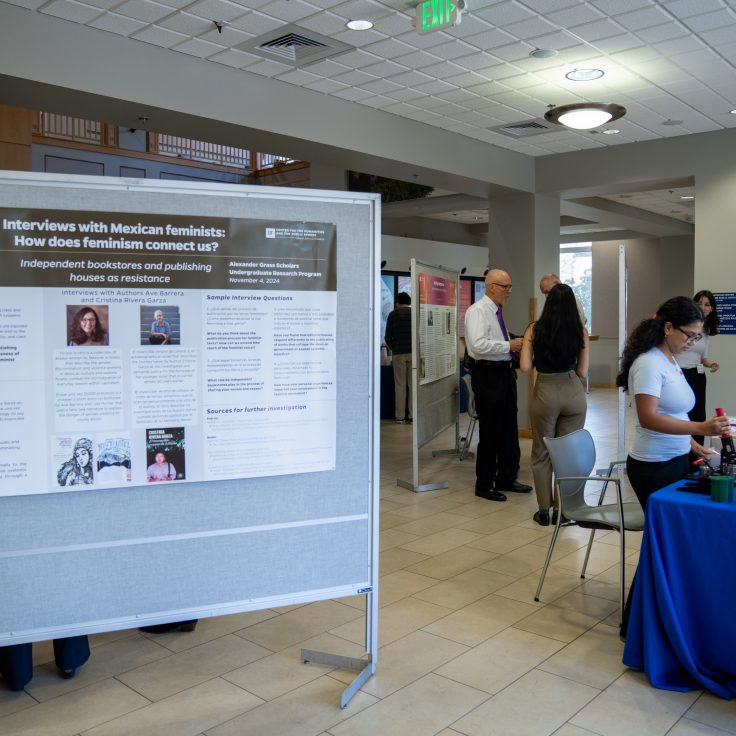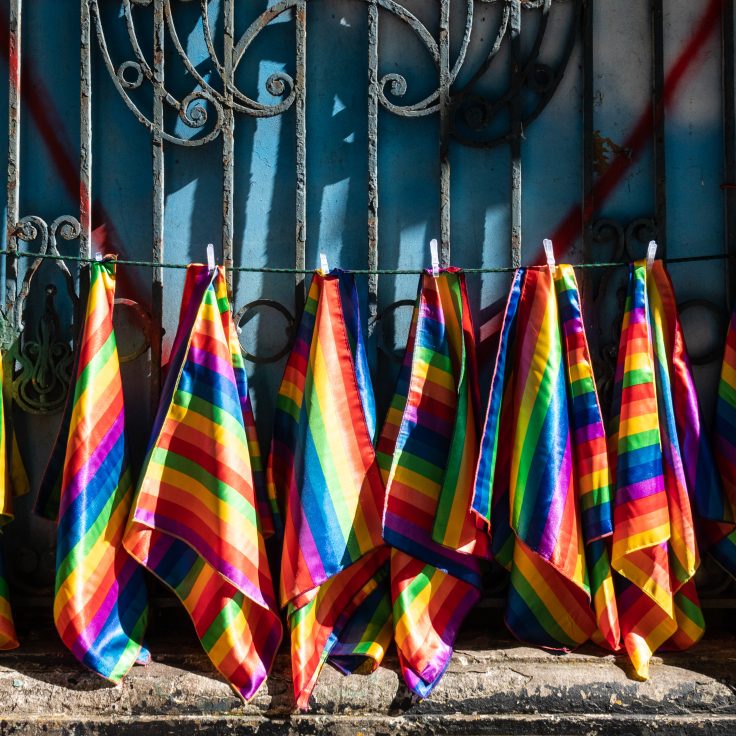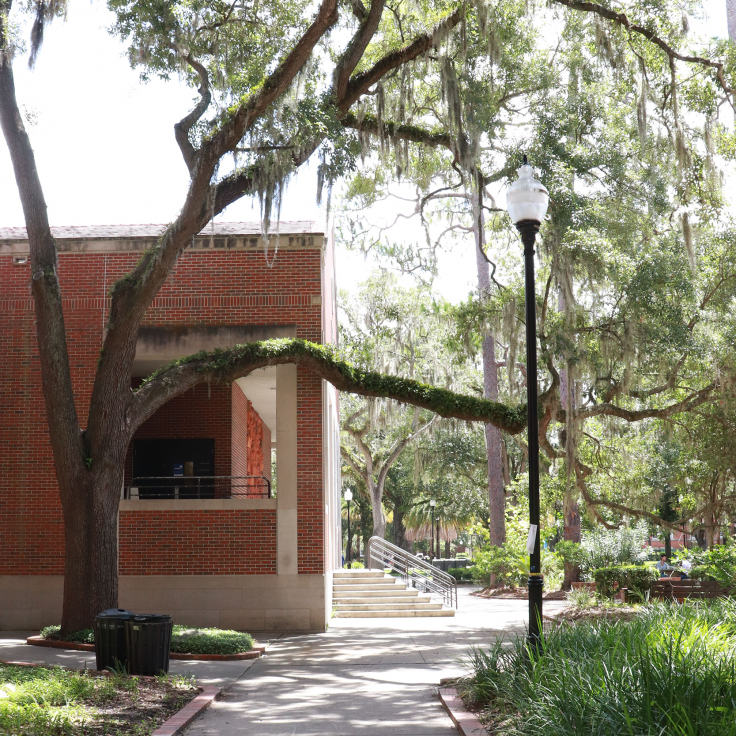Research roundup: highlights from recent grants and publications
Faculty and researchers collaborate and innovate to gain a deeper understanding of our world
Wisdom at Work
Monika Ardelt, a professor of sociology, has spent decades delving into the concept of wisdom, examining it in both individuals and groups. Recently, she and graduate student Bhavna Sharma shared their research findings on organizational wisdom, focusing on its presence within business andindustry.
Their most significant finding highlights that wisdom in business permeates from the upper echelons to the lower ranks, with supportive supervisors linked to cultivating widespread worker wisdom and job fulfillment. To illustrate this phenomenon, the researchers developed a three-dimensional model, which demonstrates that organizational wisdom is linked to fulfilling our base psychological needs, such as autonomy, competence, and relatedness.
Ardelt hopes that these findings lead to more research in the future, and she is particularly interested in how businesses can benefit from being organizationally wise. While we have plenty of examples of businesses suffering from a lack of wisdom, could the opposite also hold true, with wise businesses thriving?
Story first reported by UF News.
A Trail of Genetic Secrets
It’s no surprise that our DNA is all around us, given our daily shedding of hair, skin cells, and sweat. However, until now, the amount and quality of this environmental DNA remained unclear. A recent study led by wildlife geneticist David Duffy has revealed that these signs of life can be found nearly everywhere, short of isolated islands and mountaintops. To the surprise of the UF researchers, this DNA was also intact enough to be sequenced, and accurately enough to allow for the precise identification of volunteers who allowed their lost DNA to be recovered.
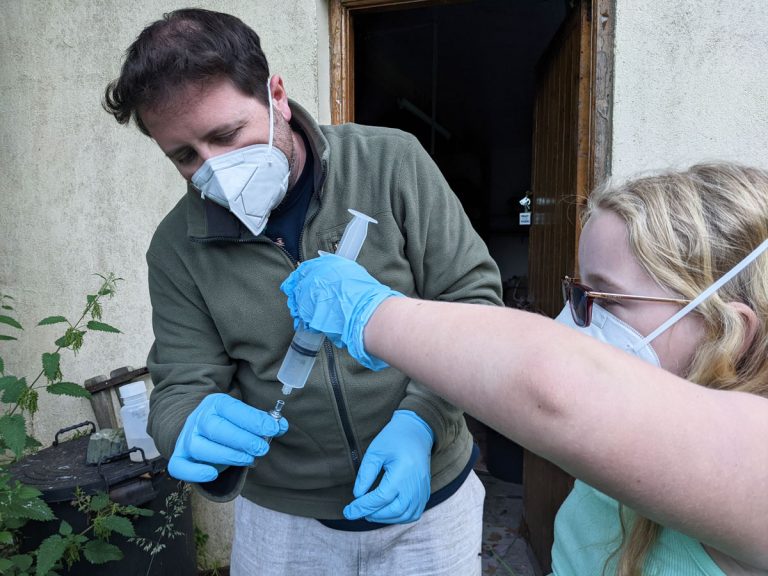
Environmental DNA samples hold significant promise across diverse fields, including medicine, archeology, environmental science, and criminal forensics. Nevertheless, with the newfound accessibility, the discovery has triggered ethical concerns regarding the use of our personal information. “It raises issues around consent,” Duffy said. “Do you need to get consent to take those samples? Or institute some controls to remove human information?”
Story first reported by UF News.
Unveiling the Underground Railroad
For years, the Samuel Proctor Oral History Program has preserved history by collecting and sharing stories passed down through families. In the past, it has focused on areas of history such as veterans’ history, African American history, and the Latinx diaspora in the Americas.
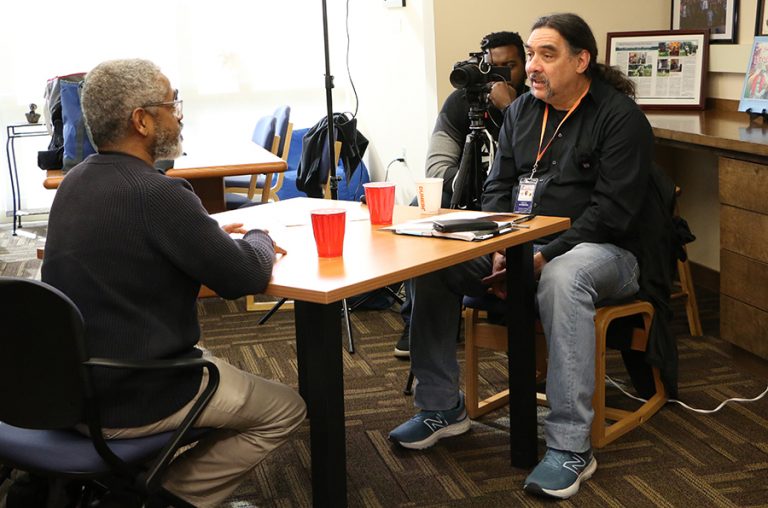
Thanks to a recent grant from the National Park Service, the Samuel Proctor Oral History Program is working to significantly expand the scope of its African American history projects. They will spotlight stories about the Underground Railroad and the freedom fighters who created and sustained it. The project’s ultimate aim is to create educational materials for museums, classrooms, and documentaries, ensuring that these stories endure for generations.
“This is an incredible opportunity for University of Florida undergraduates, graduate students, and staff to learn the legacies of the most important grassroots democratic institution in American history,” said Director of the Samuel Proctor Oral History Program Paul Ortiz.
Watch the interviews here.
A Recycling Revolution
As humankind’s reliance on plastics continues to grow, so does the demand for cost-effective and efficient recycling processes. Addressing this need is a key focus of the Department of Chemistry’s Butler Lab. This summer, a team of graduate students and faculty, led by George B. Butler Professor in Chemistry Brent Sumerlin, achieved a major breakthrough in polymer recycling.

Their breakthrough involved chemical recycling, where plastics are broken down into their basic molecules and then reconstructed into new materials. Sumerlin’s team introduced a new chemical recycling method, which not only allowed for the breakdown of plastics at lower temperatures, reducing energy consumption, but also resulted in the production of higher-quality plastics.
Thanks to the efforts of Sumerlin and his team, the future of recycling is ablaze with possibilities, promising a greener and more sustainable tomorrow. Read more about their research here.
Discover more of the college’s exciting new research developments here.
Read more from the Fall/Winter 2023 issue of Ytori magazine.
